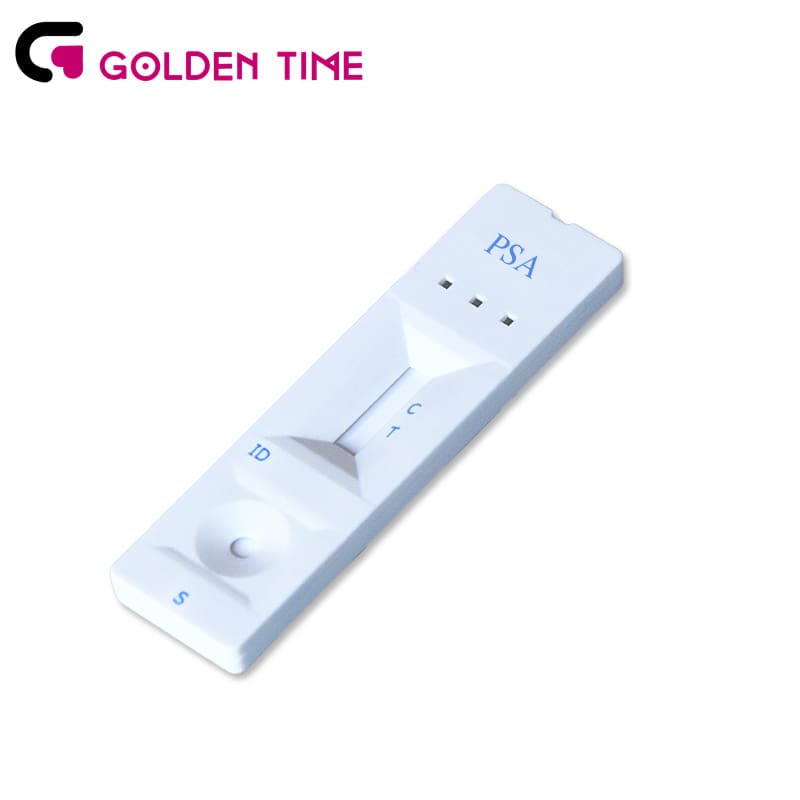Aug . 29, 2024 08:08 Back to list
At-Home FSH Test Suppliers - Reliable & Accurate Hormone Testing
The Growing Demand for At-Home FSH Test Suppliers
In recent years, the trend toward at-home health testing has gained significant traction with advancements in technology and a growing emphasis on personal health management. One of the key players in this market is the at-home Follicle Stimulating Hormone (FSH) test, which has become increasingly popular for individuals seeking to monitor their reproductive health, particularly for women undergoing menopause or fertility treatments. This article explores the rise of at-home FSH test suppliers and the implications for consumers.
Follicle Stimulating Hormone is crucial in regulating the reproductive processes in both women and men. For women, FSH plays a fundamental role in the menstrual cycle and the development of eggs in the ovaries. Typically, FSH levels fluctuate throughout a woman’s life, with significant changes occurring during menopause. As such, at-home FSH tests provide invaluable insights into hormonal changes, allowing women to better understand their reproductive health without the need for a clinical visit.
The Growing Demand for At-Home FSH Test Suppliers
There are several suppliers emerging as leaders in the at-home FSH testing space. These companies emphasize accuracy, user-friendliness, and comprehensive results, often pairing the test with informative resources that guide users on interpreting their results. Many suppliers offer user-friendly online platforms that allow customers to access their results digitally, further enhancing the at-home experience.
at home fsh test suppliers

A notable aspect of the at-home FSH test market is its appeal to a diverse audience. Women approaching menopause may use these tests to identify their reproductive status, while those experiencing fertility challenges may benefit from monitoring their FSH levels as a part of their treatment plans. Moreover, younger women seeking to understand their hormone levels can also find value in these tests, leading to informed discussions with their healthcare providers.
However, despite the many advantages of at-home FSH testing, potential consumers should remain cautious. While these tests can provide valuable insights, they are not a substitute for professional medical advice. Misinterpretation of results could lead to unnecessary anxiety or misplaced confidence. Therefore, suppliers often recommend that individuals consult a healthcare professional before making any significant health decisions based on test results.
As the market for at-home health testing continues to grow, suppliers of at-home FSH tests are poised to play a pivotal role in the broader landscape of personal health management. With ongoing advancements in technology and increasing consumer demand, the future looks promising for both suppliers and consumers alike. The ability to monitor one’s health conveniently and effectively paves the way for a more proactive approach to health care, ultimately benefitting individuals and society as a whole.
In conclusion, the rise of at-home FSH test suppliers signifies a shift toward greater autonomy in health management, empowering individuals to make informed decisions about their reproductive health. As more consumers embrace this trend, it is essential for suppliers to prioritize accuracy, education, and support, ensuring that individuals can navigate their health journeys with confidence and knowledge.
-
Malaria Pf Ag Rapid Test Kit - Quick & Accurate Detection
NewsAug.11,2025
-
Accurate Cardiac Marker CK-MB Rapid Test for Quick Results
NewsAug.10,2025
-
Premium Empty ABS Plastic Cassette for Test Strips
NewsAug.09,2025
-
Sterile Urine Cup: Accurate Specimen Collection for Labs & Home
NewsAug.08,2025
-
Malaria Pf/Pan Ag Rapid Test Kit for Fast, Accurate Diagnosis
NewsAug.07,2025
-
Rapid Canine Corona Test: Fast & Accurate Results
NewsAug.06,2025

